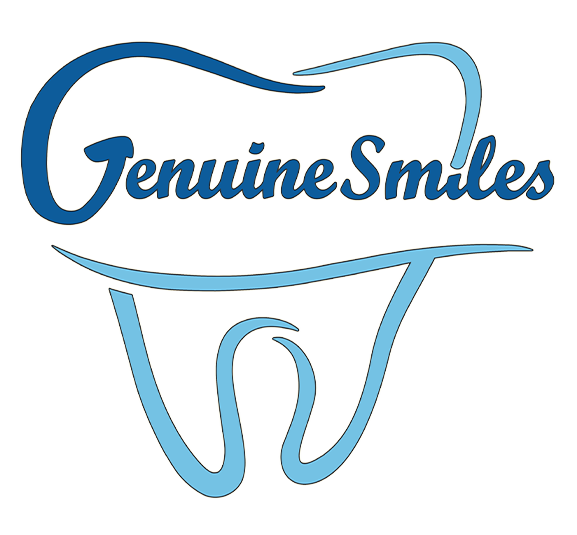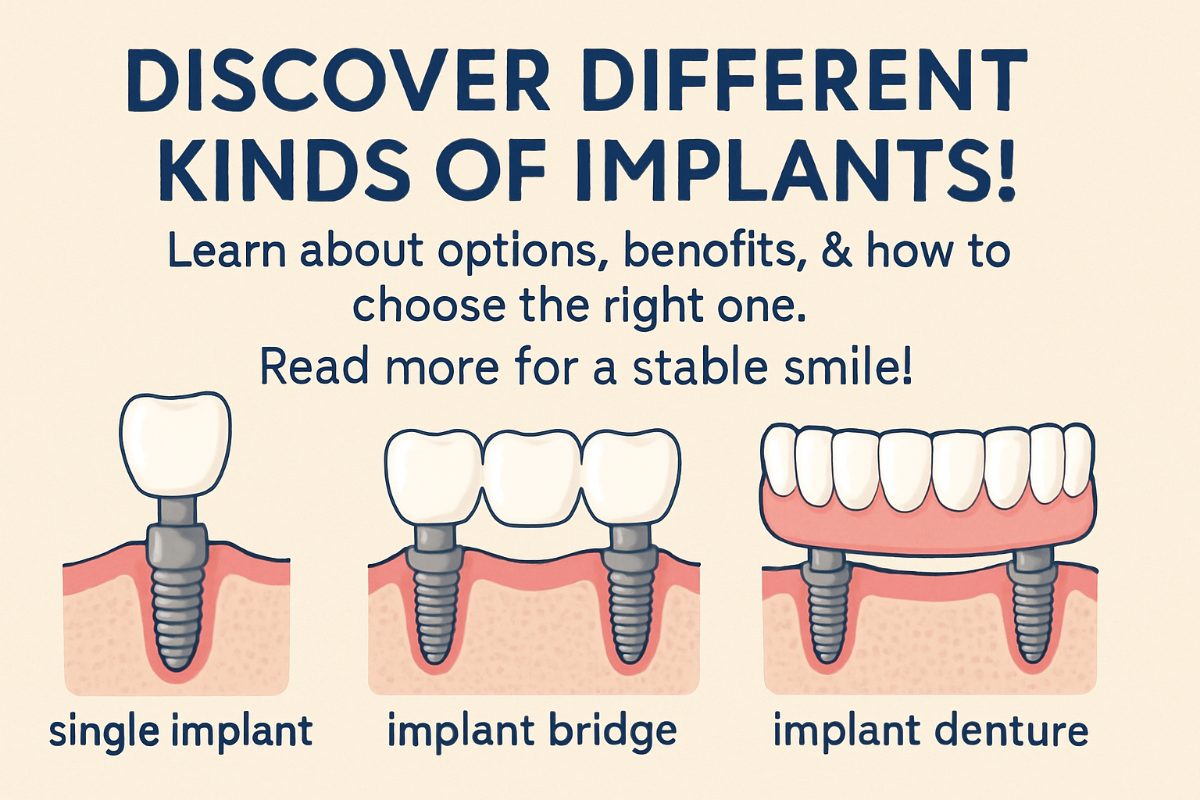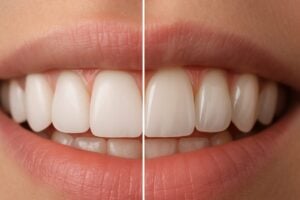Choosing between the different kinds of implants can feel overwhelming. This guide explains how implants work, who benefits from each option, and clear next steps to find the right solution. Whether you need a single tooth, help for a full arch, or a fast denture fix, this article will help you compare options and prepare for a consult.
How dental implants work
Dental implants replace missing teeth with three main parts: a titanium implant post that sits in the bone, an abutment that connects to the post, and a crown or denture that looks like a tooth. After placement, the bone grows around the implant in a process called osseointegration. That bond makes implants stable and long-lasting. Compared with bridges or removable dentures, implants keep bone healthy and restore chewing and speech more naturally.
Common different kinds of implants
Endosteal (root-form) implants
Endosteal implants are the most common type. They are placed directly into the jawbone and work like natural tooth roots. These implants can support one crown, several crowns, a bridge, or an implant-retained denture. They’re a good first choice when there’s enough bone volume.
Subperiosteal implants
Subperiosteal implants sit on top of the jawbone but under the gum. They’re an option for patients with low bone height who prefer to avoid bone grafting. These implants are less common today but can be useful when standard implants aren’t possible.
Zygomatic implants
Zygomatic implants are much longer and anchor in the cheekbone (zygoma) rather than the upper jaw. Dentists use them for severe upper-jaw bone loss when regular implants won’t hold. They require advanced surgical skill and are typically used as part of full-arch reconstruction.
Mini dental implants
Mini implants are narrow-diameter implants used in tight spaces or to stabilize a denture quickly. They’re less invasive and often cost less, but they aren’t as strong as standard implants for large biting forces. Mini implants can be a good temporary or immediate solution for denture retention.
All-on-4 / implant-supported dentures
All-on-4 and similar full-arch approaches use a small number of strategically placed implants to support a fixed prosthesis or a secured denture. These solutions reduce the number of implants needed and often speed up the timeline for getting a functional arch of teeth.
If you’re researching different kinds of implants in North Jersey, a local implant team can explain which type fits your bone, health, and budget.
How to choose the right type for you
Picking the right implant depends on several factors:
- How many teeth are missing (single, several, or full arch)
- Bone volume and quality in the jaw
- Medical history (diabetes control, smoking, medications)
- Budget and insurance coverage
- Desired timeline and aesthetic goals
A dental exam with 3D imaging is essential. Imaging shows bone levels and helps your dentist recommend standard implants, grafting, zygomatic implants, or an All-on-4 solution.
What to expect during the implant process
Treatment usually follows these steps:
- Consultation and 3D imaging to plan placement
- Surgical placement of the implant posts (often with local anesthesia and sedation options)
- Healing period for osseointegration (weeks to a few months)
- Attachment of abutments and placement of final crowns or dentures
Pain is typically managed with over-the-counter meds or prescription pain control for a short time. Most patients return to normal activities within a few days, with full healing milestones over several months.
Pros, cons, and success rates
Benefits of implants include strong chewing ability, preservation of jawbone, natural appearance, and long-term durability. Risks can include infection, nerve irritation, or implant failure—risks that rise with poor oral hygiene, uncontrolled systemic disease, or smoking. Standard implant success rates commonly exceed 90–95% with proper care. Good oral hygiene and regular dental follow-up are key to long-term success.
Cost and financing basics
Cost varies by implant type, number of implants, need for bone grafts or sinus lifts, and the final restoration (single crown vs. full-arch prosthesis). All-on-4 and zygomatic procedures are more complex and typically cost more than single endosteal implants. Many practices offer financing plans, third-party medical credit, and assistance with insurance claims. Always request a personalized estimate after imaging to understand out-of-pocket costs.
Why choose Genuine Smiles for implant options
Genuine Smiles provides in-house implant planning and restoration, plus an on-site lab for faster turnaround and easier adjustments. The team includes dentists with advanced training who work together across multiple New Jersey locations to offer convenient evening and weekend hours. This model reduces referrals and helps patients complete care from consultation to final restoration under one roof.
Next steps — scheduling a consult
To explore which different kinds of implants in North Jersey suit you, book a consultation for exam and 3D imaging. A personalized plan will cover implant type, timeline, costs, and any preparatory treatments. Contact Genuine Smiles to schedule a visit and get a clear, individualized plan for your smile.






